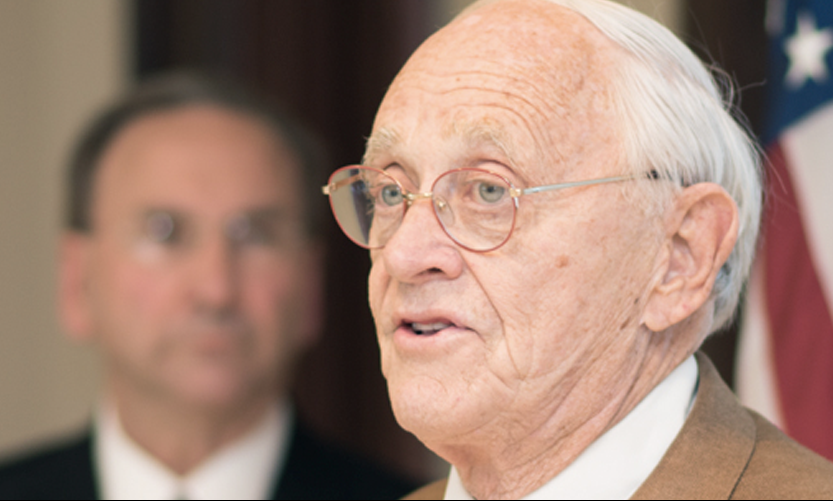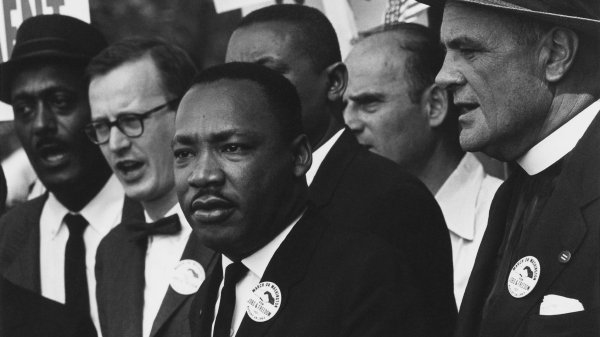By Josh Moon
Alabama Political Reporter
Math is hard for some people.
No one understands that better than Sen. Gerald Dial, who spent the better part of Wednesday giving math lessons – specifically, lessons on how percentages work – to a few legislative colleagues.
Dial mainly focused on those colleagues who sought to repeal a 2009 law he sponsored that established the Alabama Film Office and the “entertainment industry incentive act.”
“Someone didn’t do their homework, doesn’t know what he’s talking about,” Dial said. “They don’t know how the incentives work.”
A bill sponsored by Rep. Phil Williams and filed Wednesday would repeal the tax rebates offered to film companies for working in the state and would close the film office. Dial said he believes he’s convinced Williams and others not to pursue the issue in this legislative session.
“They looked at it, saw it cost the state $20 million in tax revenue and they want to close it,” Dial said. “They think they can get $20 million by closing it. But that’s not how it works”
Under Dial’s law, a film company – for TV, movies or commercials – would have to spend $150,000 producing a video product in the state before it would qualify to receive a 25-percent rebate on money spent (with certain limitations) or 35 percent for hiring Alabama citizens.
Which means that for the State of Alabama to pay out $20 million in rebates, production companies would have to spend somewhere around $80 million in the state to film and produce.
“In reality, it’s basically cost-neutral,” Dial said. “It does make the state money, but it’s impossible to know how much – from hotels, restaurants, all of that. But the basic operation itself is basically a wash.”
Which, of course, means that if the law is repealed, Alabama would gain nothing and lose what has been a valuable resource for bettering the image of Alabama.
Three years ago, top-level crew who worked on the Academy Award winning movie “Selma,” which was filmed in Montgomery, raved about the help they received working with the Film Office.
In addition to assisting those production companies, Dial said the office has also assisted seven colleges in the state with setting up film production courses.
Asked why someone would attempt to kill the law, Dial said he could only speculate.
“I think it’s someone who jumped off a bridge and was just hoping there was water down there,” Dial said. “I don’t think there’s any way in the world that someone could look at these numbers and what this office does and want to close it.”






















































